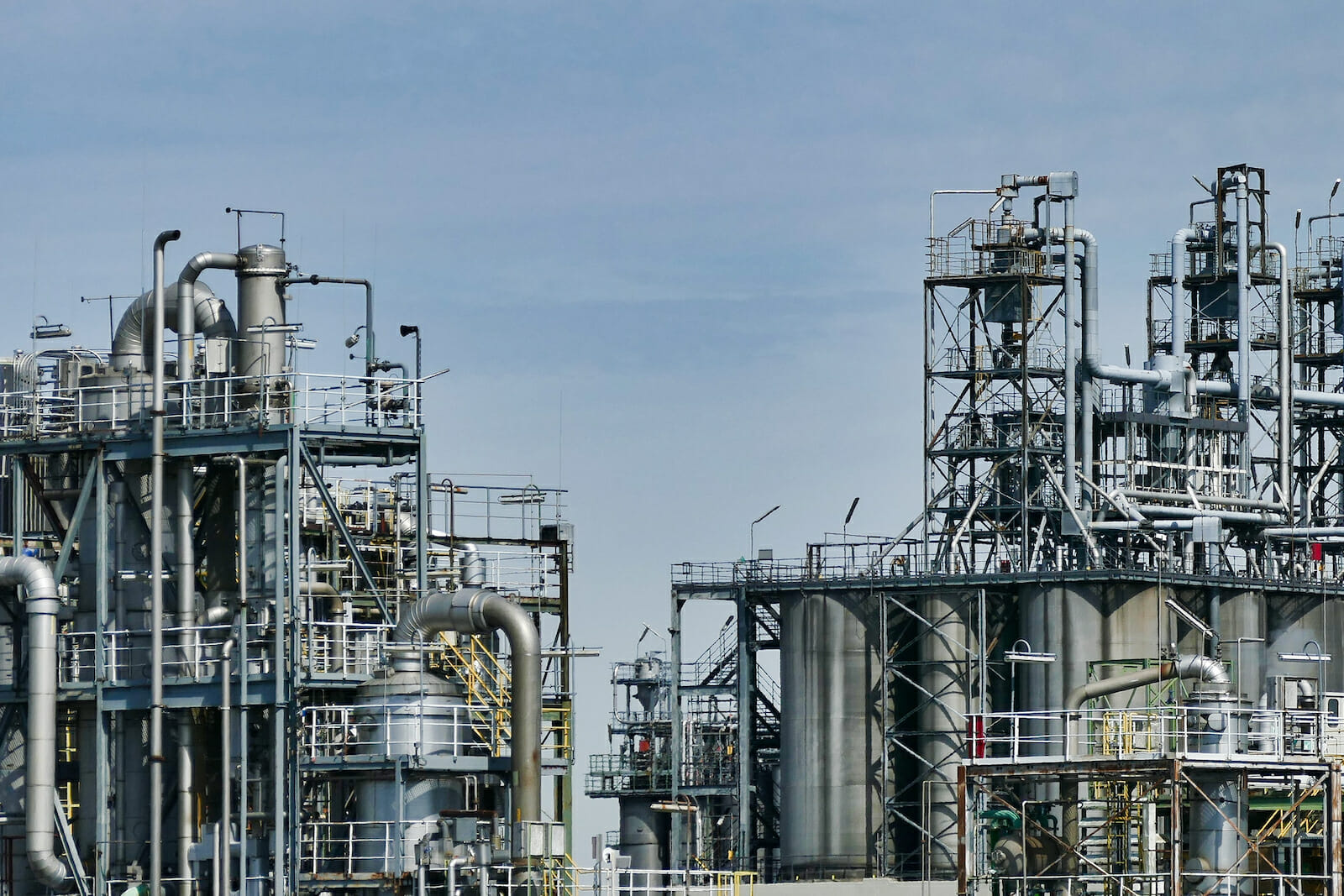
Iran is China’s Gas Station for New Trade Route
They see things differently in China. What is referred to in the West as the Middle East is, from a Chinese perspective, the Middle West. What is often referred to in the West as the Persian or Arabian Gulf is always referred to in China as the Iranian Gulf. The rise in tensions from the killing of Qassem Soleimani, from Beijing’s viewpoint, is not a standoff between the United States and Iran but a clear and present danger to China’s energy supplies and trade routes.
Rising tensions or a Washington-led war on Iran will see the country embrace China further, which already accounts for almost a third of all Iran’s energy trade. This may have declined recently because of U.S. sanctions but China still enjoys a growing influence in Iran as it is the largest remaining buyer of Iranian oil after U.S. President Donald Trump reimposed sanctions on Tehran’s main export.
Crude oil? Let’s be crude. China’s foreign policy chiefs, in offices off Tiananmen Square in Beijing, heated against the bitter Beijing winter in part by Iranian oil, have a clear vision but also recognize the risks of any miscalculation. Iran is a strategic oil-rich country where the U.S. does not have either influence or a military presence.
From the point of view of China’s energy needs, Iran is viewed as a well-positioned friend and ally. This is not an either-or game for China. It also wants to keep ties with Saudi Arabia intact and has actually boosted oil imports from that country. China’s crude oil imports from Saudi Arabia have risen more than 50 percent for the last three months with the Kingdom retaining its position as the top supplier to the world’s biggest oil importer. The Saudis are expanding Aramco, its major oil company, through Chinese joint ventures in petroleum refining, storage, and sales.
The current tensions, in Beijing’s view, are less about the U.S. and Iran and the Persian Gulf than about China and the Indian Ocean and Beijing’s Belt and Road Initiative.
China may not import as much Iranian oil as before but ties, commercial and military, between the two countries are still significant. They signed a major oil deal in August and crucially China will pay for it in its own currency, the yuan. Beijing has vowed the equivalent of a $400 billion investment, paid in yuan, in Iran in both its oil and transport sectors. The use of the yuan will allow China to sidestep some U.S.-imposed dollar-based sanctions on Iran. Even Saudi Arabia has said it would consider accepting the yuan for oil sales. China is also considering a plan to base 5,000 Chinese troops in Iran to protect oil-related infrastructure. A U.S. strike on Iran with People’s Liberation Army troops on the ground? That might even cause Trump to think again.
China has a strategic presence not actually in the Gulf, but right next to it. The Gulf of Oman separates not only Oman and Iran but also Oman and Pakistan. China has almost completed a state-of-the-art facility at Gwadar, a deep-sea port in the southwestern corner of Pakistan, close to the Iranian border. It will be a crucial transport and supply link to western China.
In other words, China is effectively a presence in the Middle East. The Gulf of Oman unites the Middle East, the Indian subcontinent and East Asia in the Belt and Road Initiative. Iran is the gas station for the Belt and Road and an oil pipe network that will feed into China. Pipelines from Iran are important to China because both the Straits of Hormuz in the Gulf and the Strait of Malacca, which runs between Malaysia and Indonesia, are trade chokepoints that can be easily strangled.
Iran dominates Central Asian trade. This area is the key to China’s future. China is not expanding into the Stans just because of the development opportunities under the Belt and Road. It is going there because the region provides it with better security, far from western militaries and the threat of chokepoints. It feels it can’t be bullied there with threats to supply lines. It’s unlikely it will allow one of its major trading partners to be intimidated either.

